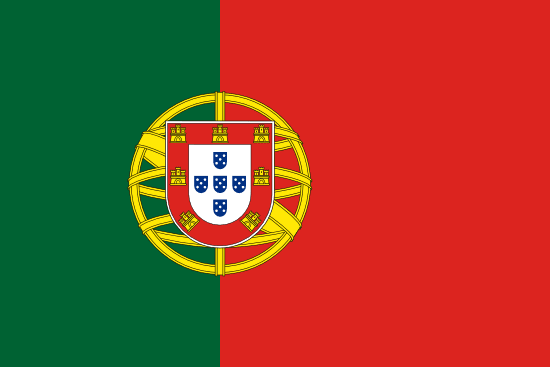"Braga - Cidade Milenar | Braga - Millennial City"
About:
Braga, Portugal, was founded by the Celts in 300 BC and later became a significant Roman city, Bracara Augusta. It was the capital of the Suebi Kingdom (5th-6th centuries), then fell to the Moors in the 8th century. Reconquered by Ferdinand I of León in 1040, it became an archbishopric in 1070. Braga was incorporated into Portugal in 1147. It thrived in the 18th century with baroque architectural flourishes. Today, it's a vibrant city known for its historical sites, university, and tech industry.
When to visit:
Braga, a city in northern Portugal, offers a delightful experience for travelers throughout the year. However, the best time to visit Braga is during the spring and autumn months when the weather is mild and pleasant. Spring, from March to May, showcases blooming flowers and lush greenery, while autumn, from September to November, features vibrant foliage and cultural festivals. Summer can be hot and crowded, so visiting during the shoulder seasons ensures a more comfortable and enjoyable stay in Braga.
When to avoid:
Braga, a charming city in northern Portugal, experiences its worst time for travel during the peak summer holiday season in July and August. During this time, Braga is crowded with tourists, leading to longer lines at popular attractions and higher prices for accommodations. The hot and humid weather can be uncomfortable for sightseeing, particularly for those unaccustomed to the heat. Travelers seeking a more peaceful and budget-friendly experience may want to consider visiting Braga during the shoulder seasons of spring or fall.
Winter Season (Dec-Feb)
During winter, particularly in January, Braga, Portugal, experiences its coldest and wettest season. Average temperatures range from 4°C to 14°C, with high chances of rain, accumulating up to 180mm of precipitation throughout the month. Sunlight is scarce, with days averaging 5 hours of sunshine. The sky is often overcast, contributing to the chilly atmosphere. An average day for a visitor might involve exploring the historic city under an umbrella or enjoying a warm coffee in a cosy café while watching the rain. Despite the weather, the city's charm remains unaltered.
Summer (June-August)
In Braga, Portugal, the warmest part of the year is typically from June to September, with July and August being the hottest months. During this time, the average high temperature ranges from 25°C (77°F) to 30°C (86°F), while the average low temperature is around 15°C (59°F) to 18°C (64°F).
Rainfall is scarce during these months, with July being the driest month. You can expect less than 20mm of rainfall throughout the entire summer period. The days are long and sunny, with an average of 10 to 11 hours of daylight per day. Humidity is relatively low, usually around 60-70%, which makes the heat more tolerable.
Cloudiness is also minimal during this period, with clear, blue skies being the norm. A typical day for a visitor in Braga during the warmest part of the year would involve pleasant, warm mornings followed by hot afternoons. Evenings are cooler and comfortable, perfect for strolling around the city. The overall weather is ideal for outdoor activities and sightseeing.
Language:
In Braga, the most commonly spoken language is Portuguese, as it is the official and dominant language of Portugal. Additionally, English is widely taught in schools and often used in business and tourism sectors. Spanish, due to geographical proximity, and French, due to historical ties, are also spoken to some extent.




